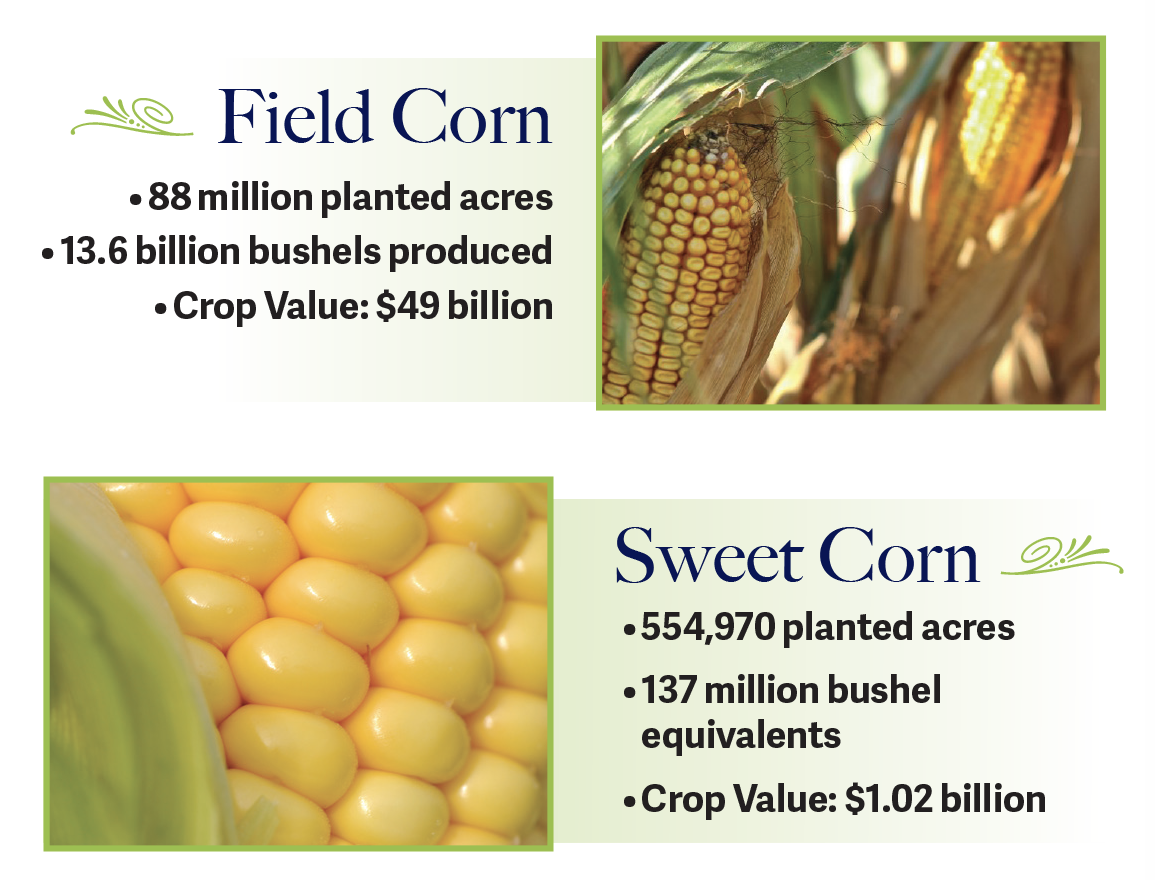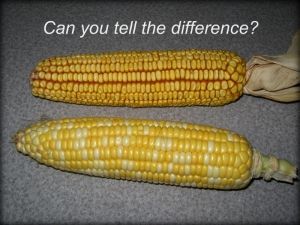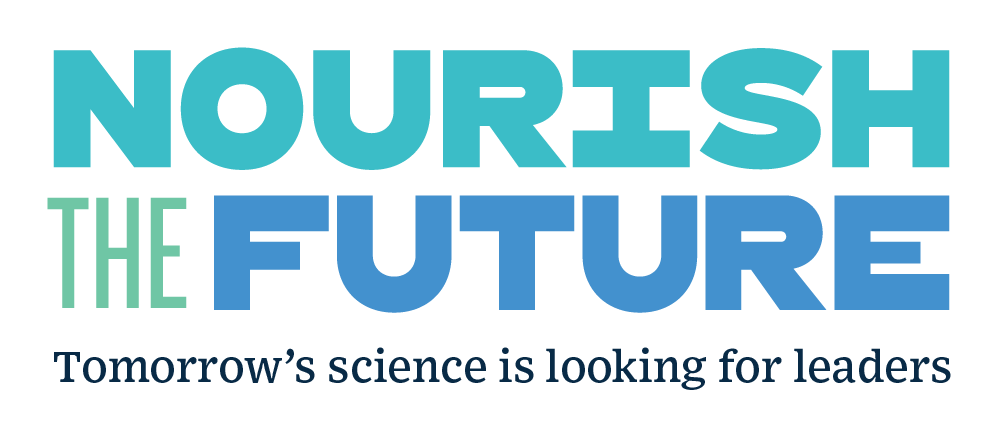High School
The Impact of Ag in Illinois

From ancient mesoamericans to early settlers to today’s society, corn is a key part of human life. Ancient civilizations used selective breeding to change the genetic structure of a native grass, teosinte, that over years became corn. Learn how this hard-seeded grass has evolved, and continues to evolve.

A Tale of Two Corns
These lesson plans discuss the differences between field corn and sweet corn and can be used for any grade or any subject. Each lesson includes activities for all different ages as well as a video for students to watch.
- Physical Difference Lesson
- Physical Difference Video
- Different Uses Lesson
- Different Uses Video
- Statistics Lesson
- Statistics Video
Corny Recipes
Click here for some recipes that show different ways to use corn products in the classroom. These are good to use for math, measuring units, science investigations, and art projects. Enjoy them and learn about corn products and their many uses!
Corn Activity Booklet
Learn more about dent corn, sweet corn, popcorn and broom corn with these interesting activities.


Nourish the Future is a national education initiative created by science teachers for science teachers that bridges modern agricultural practices with K‑12 science education. Its primary aim is to cultivate a nationwide network of educators who use sound, science-based resources to spark critical thinking and to connect students with real-world agricultural science. Below is a comprehensive summary highlighting key aspects of the website that are particularly useful for agricultural education in middle and high school classrooms, or for farmers looking to educate non-farmers:
Curriculum and Educational Resources
- NGSS-Aligned Curriculum:
The website provides free, hands-on curriculum resources that are designed to meet the Next Generation Science Standards (NGSS). Topics include: - Animal Science: For example, lessons on dairy challenges and cattle genetics that explore how biological principles are applied on the farm.
- Biofuels and Bioproducts: Lessons on fermentation processes and the production of renewable fuels.
- Biotechnology and Food Security: Investigations into genetic modifications, breeding techniques, and how science is used to sustain a growing global population.
- Soil, Water, and Sustainability: Activities that demonstrate the importance of soil health and water quality in sustaining agriculture.
- Practical, Real-World Connections:
The curriculum is designed to translate complex scientific concepts into real-world applications. This makes abstract STEM topics accessible and relevant by showing students, for instance, how agriculture informs environmental stewardship and sustainable practices.
Mission: Through grassroots advocacy, create a future for Illinois farmers in which they can operate freely, responsibly, and successfully.

